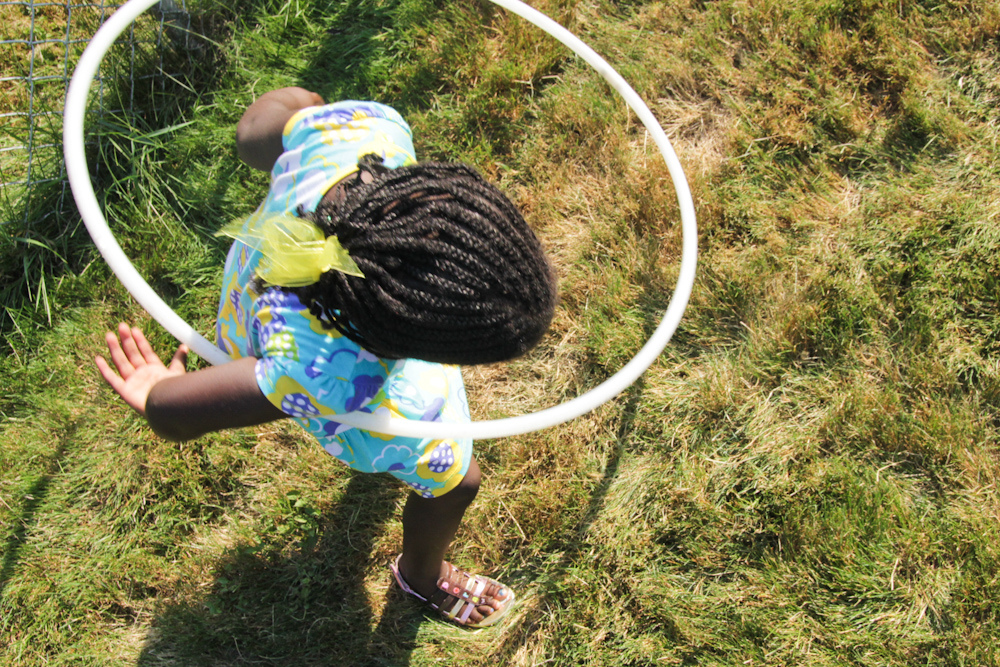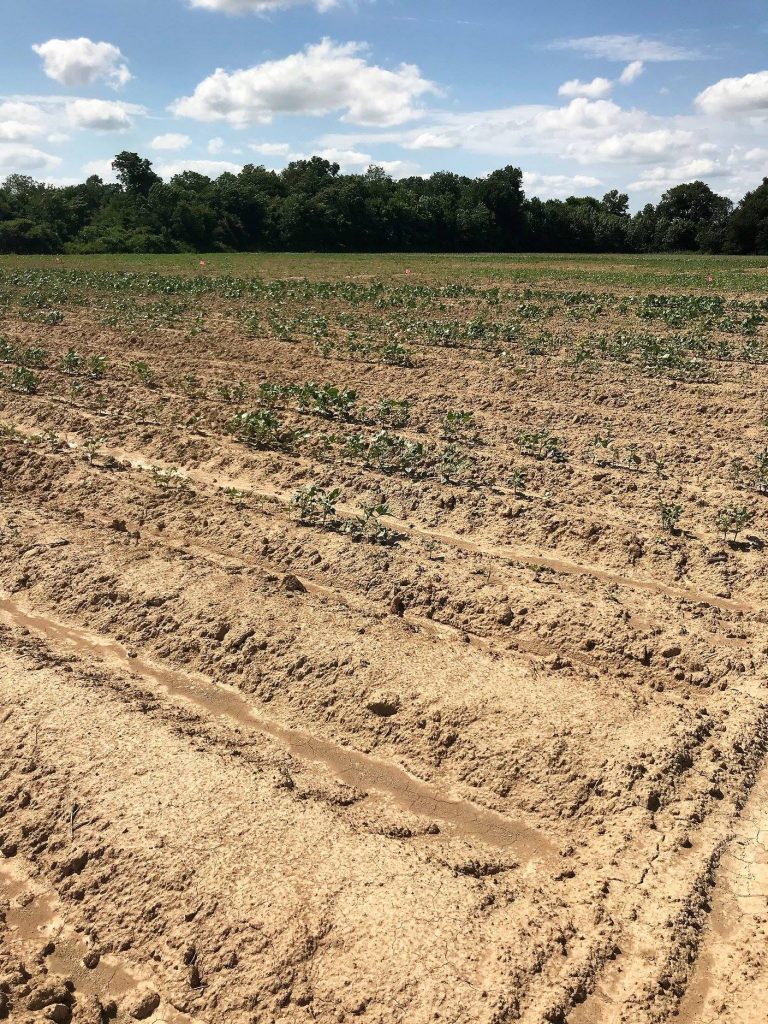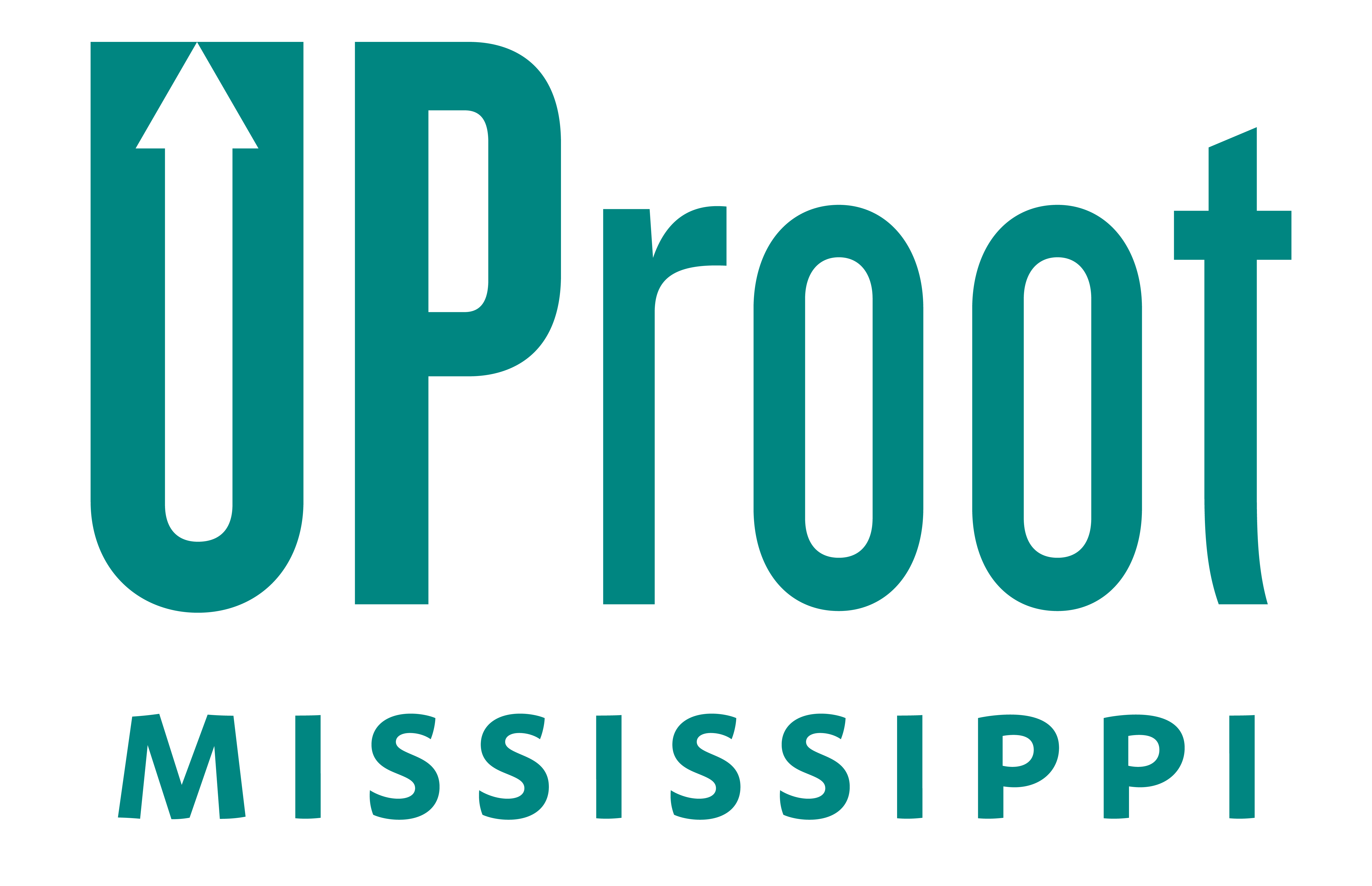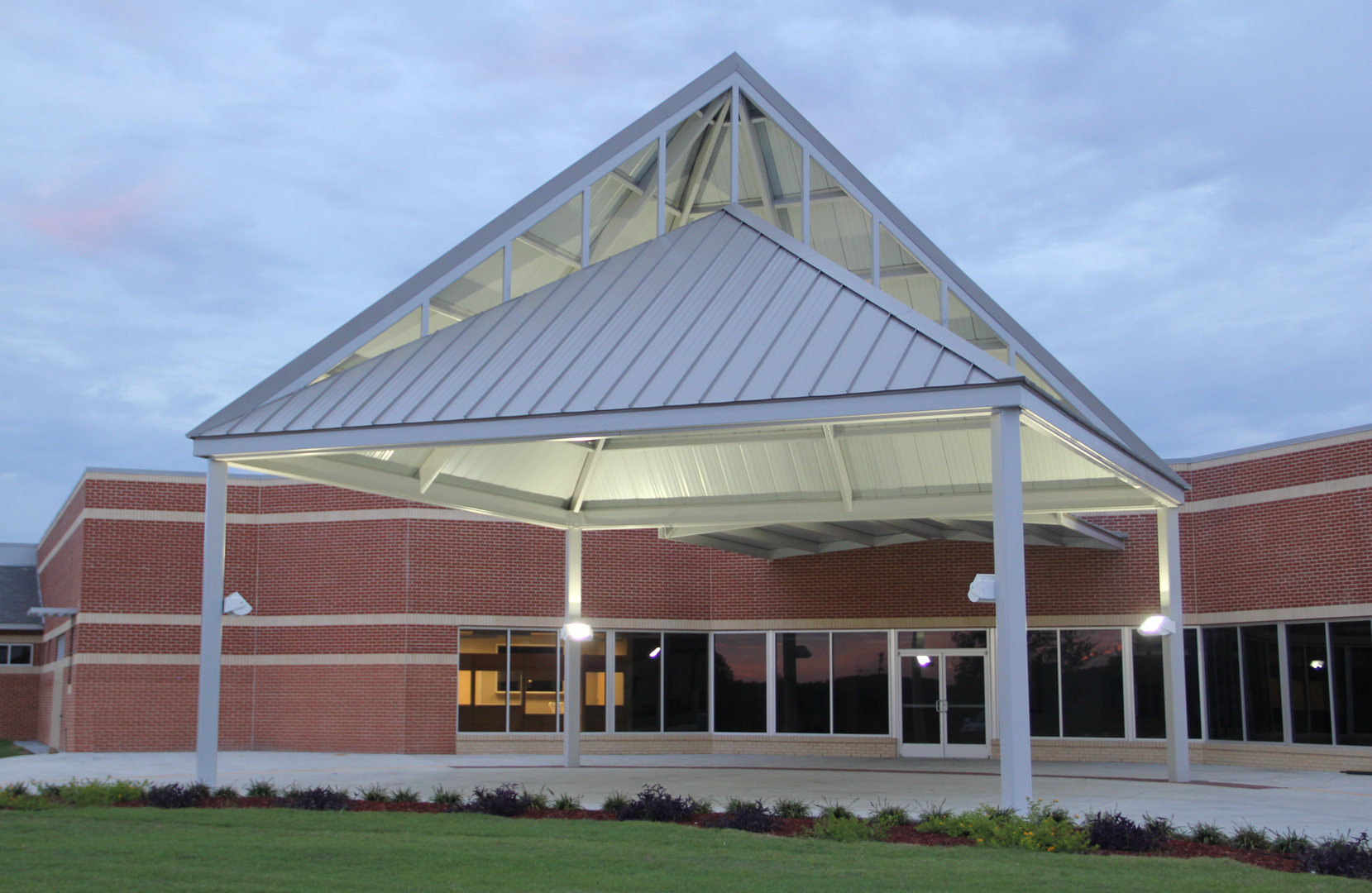
Photo by Steven Depolo.
At the Delta Health Center in Mound Bayou, teens and their parents are learning how to eat better and exercise—together.
Kids and parents come to the location, about ten miles north of Cleveland, Mississippi, two afternoons a week. While kids get an info session about healthy eating and enjoy a period of physical activity, parents learn about planning healthier meals.
All of this is part of MEND 7-13, a program developed as part of the MEND Foundation in the early 2000s by the leading childhood obesity experts in the United Kingdom. MEND (Mind, Exercise, Nutrition, Do It!) provides education and encourages active play to improve the health and self-esteem of participants to help them establish a healthy BMI. Thanks to a call for participation from the Mississippi Primary Health Care Association, the Delta Health Center, G.A. Carmichael Health Center in Canton, Greater Meridian Health Clinic in Meridian, and the Aaron E. Henry Community Health Center in Clarksdale have access to the MEND curriculum, which has a long history of success where it’s implemented.
Chief program planning and development officer at the Delta Health Center Robin Boyles says they jumped at the chance. “We said we wanted to because obesity is a big issue across Mississippi, but especially in the Delta.”
Childhood obesity
Nearly 40% of adults and 40% of children in Mississippi are overweight or obese. Obesity puts many at risk for preventable chronic diseases such as high blood pressure, diabetes and heart disease. And with a fitness culture that can be psychologically damaging, especially to young people, compounded with a food culture impacted heavily by race and poverty, many Mississippians find themselves stuck in an unhealthy cycle with food.
Boyles, who also serves as program manager for MEND at the Delta Health Center, says the the purpose of MEND is to introduce productive, sustainable changes to participants’ exercise and eating habits, not to get caught up on weight. The practice, Boyles says, is validating to the youth participants, who can exercise without being judged by their peers.
“During physical activity a lot of times at school or P.E. class, these kids get made fun of, or are the last ones to get picked for a team,” Boyles said. “We remove all those barriers so they can engage in physical activity without having to worry about being shamed. The kids are loving it, look forward to it, it’s fun.”
Parents also learn the best ways to promote at home what their children learn at the health center. They also learn how to speak to their children about health and fitness with dignity, so that they can address their concerns about their children’s weight without fat-shaming.
“If parents aren’t doing what they need to do to make sure there’s healthy food in the house, then it makes it more difficult for their children to make healthier changes,” Boyle said.
Uphill Battle
Still, despite the Delta Health Center’s best efforts, they’re fighting an uphill battle.
Though the DHC in Mound Bayou has a community garden open to the public, this town, and many others, are in a food desert. Poor infrastructure, among a web of other problems, makes it difficult for even incremental progress.
“In Shelby and Winstonville and even in Mound Bayou, there’s not a grocery store. You have to drive to Clarksdale or to Cleveland to get to the closest grocery store,” Boyles said. “If you can only get to the store once a month to buy groceries, your vegetables aren’t going to keep for that long. A lot of our population ends up eating a lot of processed foods.”
It is also difficult for residents who aren’t already aware of ways to work out safely get significant exercise.
“Mound Bayou and some of these small Delta towns have such low tax revenue because there’s no industry, so streets are in bad shape, with no sidewalks. A lot of places have walking trails to different places, but in Mound Bayou and surrounding small communities, there’s nothing,” she said. “Even if you were going to do a walking trail, you’d have to drive at least 15 miles to get to the closest one from some of the rural areas. The roads are not really walkable.”

Community garden at Delta Health Center in Mound Bayou, Mississippi. Photo courtesy Delta Health Center Facebook.
But, Boyles says, MEND is a stepping stone to their plan to give Mound Bayou residents more tools to live a healthier lifestyle in a geographic area with few options for the very poor. “We’re working on getting funding to have a health and wellness center, as there’s not a lot of opportunities for physical fitness without having to drive a good long way. Even the roads are so bad you can’t even really walk without risk of hurting yourself. So the opportunities for physical activity are really slim. We have a bigger vision, and saw this as part of a stepping stone.”
Tackling Childhood Obesity
Parents can enroll their families in MEND programs. “Through this project, Delta Health Center is addressing childhood obesity with its patients and others from the community,” Boyles said. “We anticipate a second group to begin in early October and encourage parents of children ages 7-13 with an unhealthy Body Mass Index (BMI) to enroll their child by calling Delta Health Center or emailing me at rboyles@deltahealthcenter.org.”
Speak to your child with dignity. High obesity rates are not indicative of moral failure. Data from numerous sources on human psychology and food production show that several compounding factors influence obesity among Americans, including access to nutritious foods and safe places to exercise. “The Mississippi Delta counties have some of the highest obesity rates in a state with the highest obesity rate in the nation. Limited access to healthy foods and exercise opportunities in rural communities resulting in unhealthy eating and physical inactivity has contributed to obesity among both children and adults,” Boyles said.
Clinics, gyms, and other programs can adopt the MEND curriculum for 2 to 5-year-olds as well as 7 to 13-year-olds. For over 12 years, MEND has changed the lives of over 85,000 children. Over 80 percent of participants reduce or maintain their BMI, or body mass index. Learn more about MEND programs here.
Establish or join your school district’s health council. Every school and district in Mississippi is supposed to have a health council. Composed of teachers, administrators, parents, business owners and other community leaders, health councils get whole communities invested in the health of students and teachers in a school or district.
Try meal prepping. Cutting out fast and processed food is the fastest way to eat more nutritiously and just as deliciously. Sources like HAPPYHEALTHY has resources for cooks of all ages.
Be active as a family. Fitness doesn’t have to mean being the star athlete or doing Crossfit. Taking walks or playing games outside are awesome active ways to bond.

